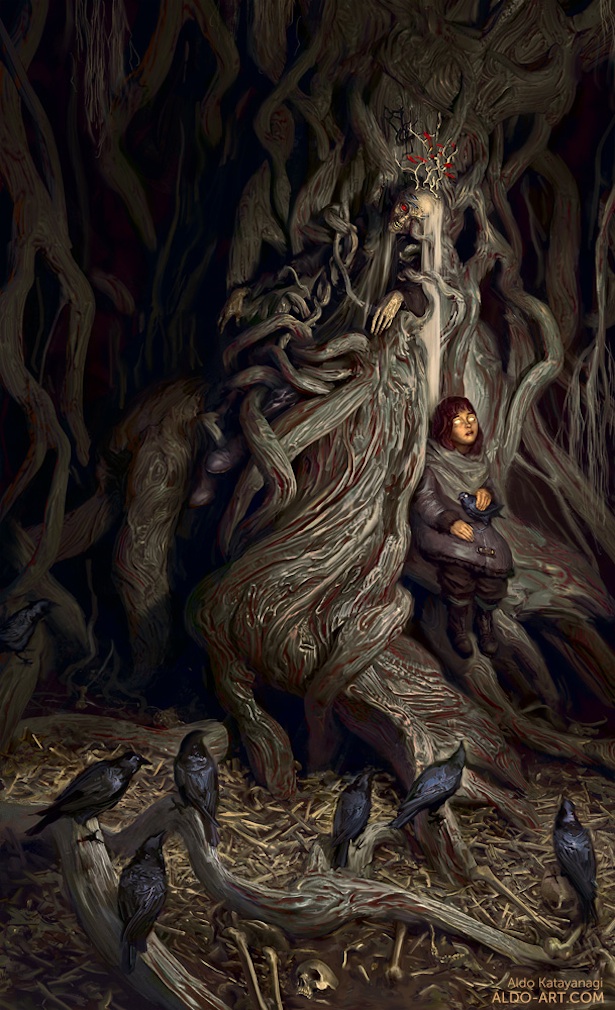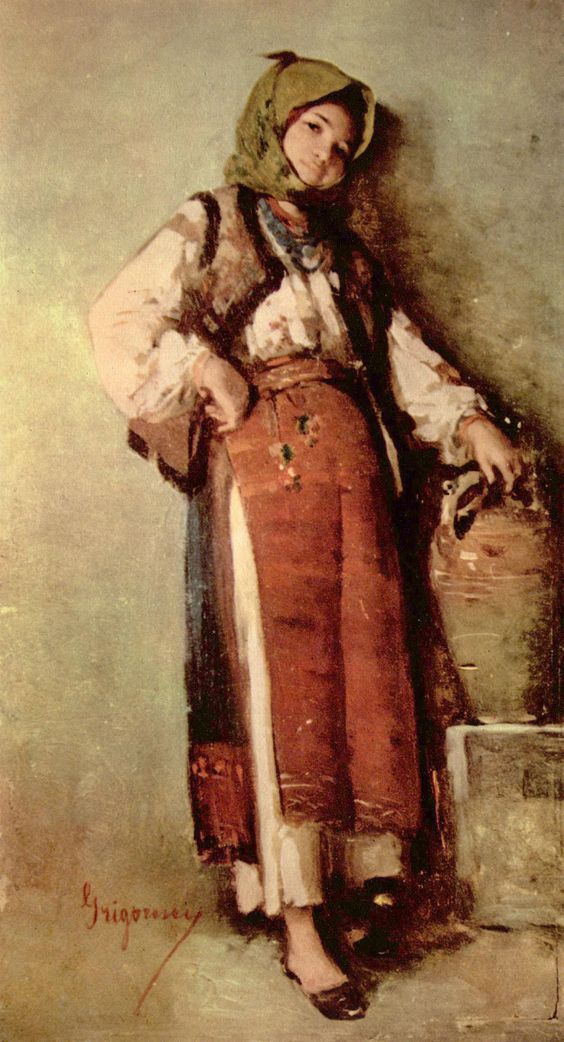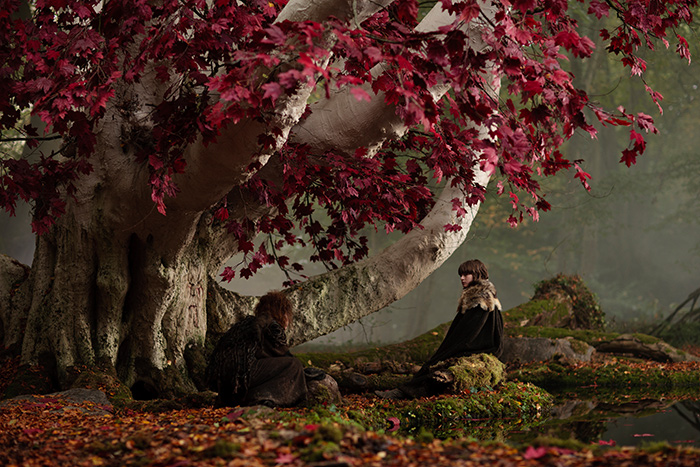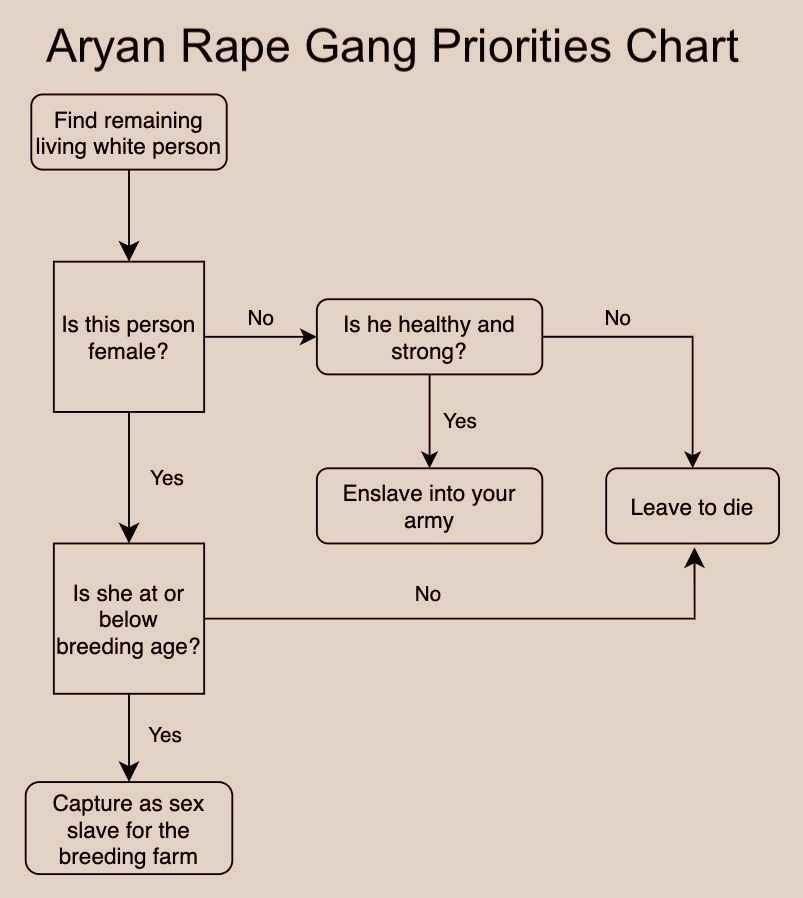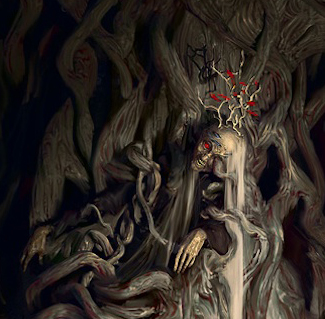Note of December 2023:
I’ve now bolded the movies I recommend.
The films are arranged chronologically:
1. The Hunchback of Notre Dame (1923)
2. Frankenstein (1931)
3. Gone with the Wind (1939)
4. Fantasia (1940)
5. Beauty and the Beast (1946)
6. It’s a Wonderful Life (1946)
7. Hamlet (1948)
8. Los Olvidados – known in the US as
The Young and the Damned (1950)
9. Shane (1953)
10. Forbidden Planet (1956)
11. Lust for Life (1956)
12. The Seventh Seal (1957)
13. Wild Strawberries (1957)
14. Ben-Hur (1959)
15. Journey to the Center of the Earth (1959)
16. Sleeping Beauty (1959)
17. The Time Machine (1960)
18. Jason and the Argonauts (1963)
19. The Little Prince and the 8-Headed Dragon (1963)
20. My Fair Lady (1964)
21. The Sound of Music (1965)
22. The Agony and the Ecstasy (1965)
23. Andrei Rublev (1966)
24. 2001: A Space Odyssey (1968)
25. Romeo and Juliet (1968)
26. Oliver! (1968)
27. Planet of the Apes (1968)
28. Death in Venice (1971)
29. Bless the Beasts and Children (1971)
30. Brother Sun, Sister Moon (1972)
31. Deliverance (1972)
32. Soylent Green (1973)
33. Jesus Christ Superstar (1973)
34. Jaws (1975)
35. Barry Lyndon (1975)
36. Iphigenia (1977)
37. The Empire Strikes Back (1980)
38. Fanny and Alexander (1982)
39. Sense & Sensibility (1995)
40. Pride & Prejudice (1995 TV series)
41. Shine (1996)
42. Elizabeth (1998)
43. Artificial Intelligence (2001)
44. Lord of the Rings (2001-2003)
45. Harry Potter & the Prisoner of Azkaban (2004)
46. Pride & Prejudice (2005 movie)
47. Apocalypto (2006)
48. Spotlight (2015)
49. Game of Thrones (2011-2019 TV series)
50. Joker (2019)
With the exception of The Hunchback of Notre-Dame (instead of the 1923 version I saw the 1939 version as a teen), the above are films that left a mark in my life since I was a child. Some of my inclusions require a kind of disclaimer, as when gradually I abandoned Christianity my vision of the films changed. But they are worth seeing because they portray the zeitgeist as Christianity was understood in America (for example, Ben-Hur) or in Europe (for example Brother Sun, Sister Moon) when I was a child and adolescent.
I also include in the list two television series, Pride & Prejudice and Game of Thrones. The first contains only good messages related to sexuality, and the second contains terrible sexual messages. If I include it, it is because GoT can be very entertaining for those who are bored in these months of quarantine. I would suggest to anyone who watches the 73 episodes of the GoT series to also read my criticism of it (see pages 137-227 of my anthology On Beth’s Cute Tits). I refer especially to its grotesque feminism, which is not so accused in the novels of George R.R. Martin. We can imagine how a friend of the fourteen words could have adapted Martin’s fantastic universe to the small screen, which contains much of the white man’s medieval spirit.
When I saw The Sound of Music in the mid-1960s I knew nothing about the true history of the Nazi occupation of Austria. But the film still can be watched if we omit the propaganda after the intermission. (I remember that in the cinemas of yesteryear the theater curtain was closed during the intermission so that people could go to the restroom.) The dance music between the captain and Maria should be the absolute paradigm of what the white man should dance in the ethnostate, in contrast to the filthy music that the Gomorrahites dance today.
Joker is included at the end of the list because it illustrates what I said in my post yesterday about destructive parenting. Very rarely the subject is brought to the screen, and in the case of the main character of this movie the level of damage that child abuse caused in the grown-up adult is very evident.
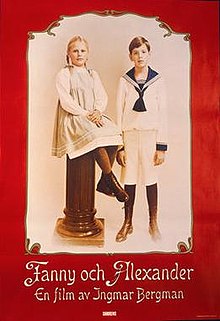 Just to get an idea of the taboo that people like Moly and I try to break, consider the #38 movie from the list, Fanny and Alexander, a veiled autobiography of the Swedish director Ingmar Bergman. In real life, Bergman confesses that the one who really abused him, religiously speaking, was his biological father, not his stepfather as in the movie. This shift of guilt is very common in western folklore, as in fairy tales for children like Harry Potter, where the abusive ones are the uncles so as not to touch the figure of the parents (the ones who generally mistreat the child in real life).
Just to get an idea of the taboo that people like Moly and I try to break, consider the #38 movie from the list, Fanny and Alexander, a veiled autobiography of the Swedish director Ingmar Bergman. In real life, Bergman confesses that the one who really abused him, religiously speaking, was his biological father, not his stepfather as in the movie. This shift of guilt is very common in western folklore, as in fairy tales for children like Harry Potter, where the abusive ones are the uncles so as not to touch the figure of the parents (the ones who generally mistreat the child in real life).
The only film I know of that openly blames an abusive father of the son’s schizophrenia is Shine, #41 in the list, which received an Oscar for best actor to the one who played the role of the schizophrenised son.
